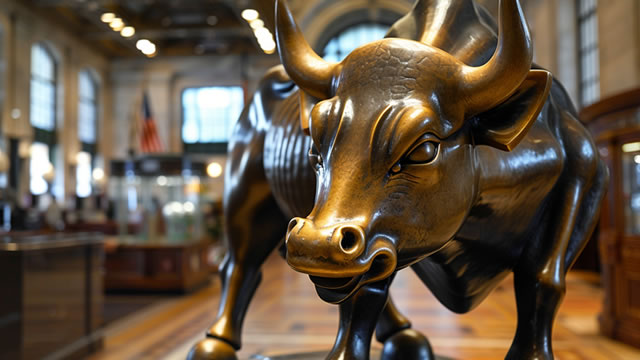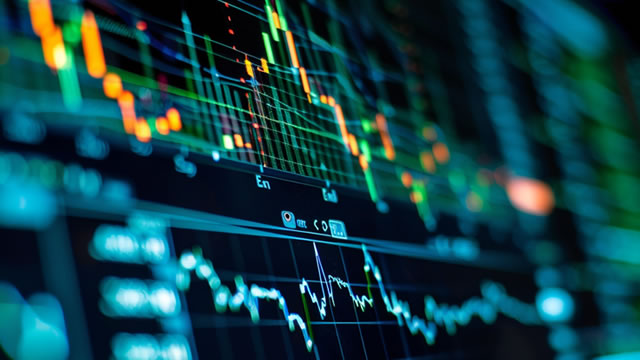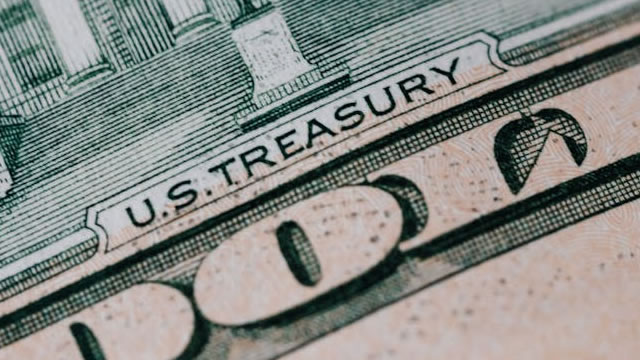CPI Surge: A Closer Look at February 2025’s Consumer Price Index
The Consumer Price Index (CPI), a key measure of inflation, experienced a surge in February 2025. According to the U.S. Bureau of Labor Statistics, the CPI increased by 0.2% last month, following a 0.5% rise in January 2025. This latest increase brought the all-items index up 2.3% over the past 12 months.
Breaking Down the Details
Let’s delve deeper into the components of the CPI and examine how they fared in February 2025:
- Food Index: The food index, which measures the average change in prices consumers pay for food and beverages, rose by 0.2% last month. Over the past year, the food index has increased 3.5%.
- Shelter Index: The shelter index, which measures the change in prices for various types of housing, rose by 0.3% in February 2025. The shelter index has risen 3.4% over the past 12 months.
- Airline Fare Index: Contrary to the trend, the airline fare index decreased by 4.0% last month. Over the past year, the airline fare index has increased 8.6%.
- Gasoline Index: The gasoline index dropped by 1.0% in February 2025. Over the past 12 months, the gasoline index has risen 13.1%.
What Does This Mean for You?
The CPI surge could have various implications for individuals. Here’s a brief overview:
- Higher living expenses: With the food and shelter indices on the rise, consumers may feel the pinch in their wallets when it comes to daily living expenses.
- Impact on purchasing power: As the CPI increases, the purchasing power of consumers decreases. This means that to maintain the same standard of living, consumers may need to earn more money or spend less on other things.
- Inflation-indexed financial instruments: Those with inflation-indexed financial instruments, such as Treasury Inflation-Protected Securities (TIPS), may see their investments grow in value as a result of the CPI increase.
Global Implications
The CPI surge in February 2025 also carries potential consequences for the global economy:
- Central banks: Central banks, such as the Federal Reserve, may consider raising interest rates to combat inflation. This could impact borrowing costs and potentially slow economic growth.
- Stock markets: The CPI increase could lead to increased volatility in the stock market, as investors react to the potential implications of inflation.
- Commodity prices: Commodity prices, particularly for energy and food, could rise in response to the CPI surge. This could have ripple effects throughout the global economy.
Conclusion
The Consumer Price Index surge in February 2025, with a 0.2% increase, brought the all-items index up 2.3% over the past 12 months. The food and shelter indices rose, while the airline fare index decreased and the gasoline index dropped. For individuals, this could mean higher living expenses, a decrease in purchasing power, and potentially positive impacts on inflation-indexed financial instruments. On a global scale, the CPI surge could lead to central banks raising interest rates, increased volatility in the stock market, and rising commodity prices.
As always, it’s essential to stay informed about economic developments and consider how they may impact your personal finances and the broader economy.





